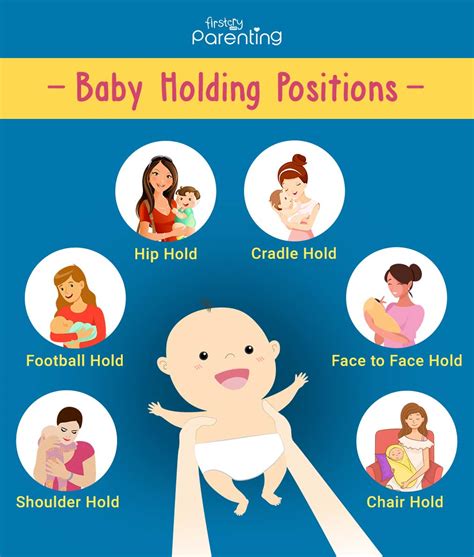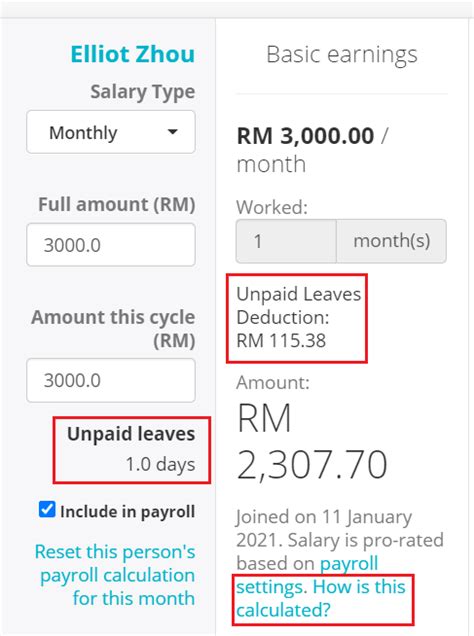What is Unpaid Leave?
Unpaid leave is a period of time off from work that is not paid for by the employer. Employees may take unpaid leave for a variety of reasons, such as personal or family emergencies, extended vacations, or to pursue education or training.

How to Calculate Unpaid Leave
To calculate unpaid leave, you will need to know the following information:
- Your regular hourly rate of pay
- The number of hours you are taking off unpaid
Hourly Employees
If you are an hourly employee, your unpaid leave will be calculated as follows:
- Hourly rate of pay x Number of hours taken off unpaid = Total amount of unpaid leave
Salaried Employees
If you are a salaried employee, your unpaid leave will be calculated as follows:
- Weekly salary / 5 x Number of days taken off unpaid = Total amount of unpaid leave
Example Calculations
Example 1:
An hourly employee with a regular hourly rate of pay of $15 takes 8 hours of unpaid leave.
- Hourly rate of pay x Number of hours taken off unpaid = Total amount of unpaid leave
- $15 x 8 = $120
Example 2:
A salaried employee with a weekly salary of $1,000 takes 3 days of unpaid leave.
- Weekly salary / 5 x Number of days taken off unpaid = Total amount of unpaid leave
- $1,000 / 5 x 3 = $600
Benefits of Unpaid Leave
There are a number of benefits to taking unpaid leave, including:
- Flexibility: Unpaid leave allows you to take time off from work for whatever reason you need, without having to worry about using up your paid time off.
- Cost savings: Unpaid leave can help you save money on childcare, travel, or other expenses that you would normally incur while on vacation.
- Personal growth: Unpaid leave can give you the opportunity to pursue personal or professional goals, such as volunteering, traveling, or taking classes.
Considerations Before Taking Unpaid Leave
Before you take unpaid leave, it is important to consider the following:
- Financial impact: Unpaid leave will reduce your income, so it is important to make sure that you can afford to take the time off.
- Job security: Taking unpaid leave may affect your job security, so it is important to talk to your employer before you take any time off.
- Return to work: It is important to make sure that you have a plan for returning to work after your unpaid leave.
Conclusion
Unpaid leave can be a valuable benefit, but it is important to understand how it is calculated and what the benefits and considerations are before you take any time off.
Frequently Asked Questions
- How long can I take unpaid leave?
The length of time you can take unpaid leave will depend on your employer’s policies and your individual circumstances.
- Do I have to take unpaid leave if my employer asks me to?
No, you are not required to take unpaid leave if your employer asks you to. However, your employer may have the right to terminate your employment if you refuse to take unpaid leave.
- Can I get paid for unpaid leave?
No, unpaid leave is not paid for by the employer. However, you may be eligible for unemployment benefits if you are taking unpaid leave for a qualifying reason.












